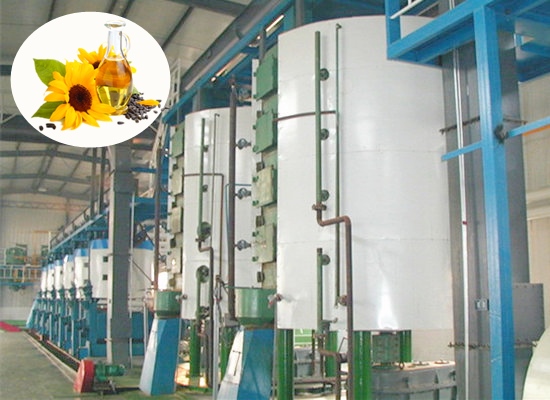
In today's market, consumers are increasingly demanding high-quality peanut oil. However, they often encounter various quality issues, such as rancidity, low nutritional value, and poor flavor. To address these concerns, it's essential to understand the meticulous production process of high-quality peanut oil. This article will take you through every step, from raw material selection to the final product, revealing the secrets behind the production of top-notch peanut oil.
The journey of high-quality peanut oil begins with the careful selection of raw materials. Only premium peanuts, free from mold, pests, and other contaminants, are chosen. These peanuts are then cleaned thoroughly to remove dirt, debris, and foreign objects. After cleaning, the peanuts are dried to an optimal moisture content of around 8 - 10%. This step is crucial as it not only prevents mold growth during storage but also enhances the efficiency of subsequent processing steps.

Baking is a critical step in the production of high-quality peanut oil. The peanuts are baked at a precise temperature range of 140 - 160°C for about 30 - 40 minutes. This controlled baking process not only enhances the flavor of the peanuts but also helps to release the oil more easily during the subsequent pressing stage. Studies have shown that peanuts baked at this temperature range can retain up to 90% of their natural nutrients, such as vitamin E and unsaturated fatty acids.
After baking, the peanuts are ready for crushing. The crushing process is designed to break the peanuts into smaller particles, increasing the surface area for oil extraction. A specialized crushing machine is used to ensure uniform particle size. The crushed peanuts are then typically screened to remove any large particles, leaving a fine peanut meal with an average particle size of around 0.5 - 1 mm.
The next step is oil extraction. There are two main methods: mechanical pressing and solvent extraction. For high-quality peanut oil, mechanical pressing is often preferred as it is a more natural and chemical-free process. In a modern screw press, the crushed peanut meal is fed into the press chamber, and the oil is gradually squeezed out under high pressure. This process can extract up to 80 - 85% of the oil from the peanuts.

Even after extraction, the crude peanut oil may contain impurities, such as phospholipids, free fatty acids, and pigments. Therefore, a refining process is necessary to improve the clarity, stability, and shelf life of the oil. The refining process typically includes degumming, neutralization, bleaching, and deodorization. Through these steps, the oil's acid value can be reduced to less than 0.1%, and the peroxide value can be controlled within the safe range, ensuring the oil's quality and safety.
Many leading peanut oil manufacturers adhere to these strict production standards and have achieved remarkable results. For example, Company X has seen a 20% increase in customer satisfaction after implementing these advanced production processes. Their high-quality peanut oil has also won numerous awards in the industry, demonstrating the effectiveness of these methods.
Producing high-quality peanut oil is a complex and meticulous process that requires strict control at every step. From raw material selection to refining, every detail matters. Our company is committed to upholding the highest standards of quality and using the most advanced technologies to produce the best peanut oil. We invite you to choose our high-quality peanut oil and experience the difference in taste, nutrition, and quality. Make the smart choice for your health and your kitchen today!

